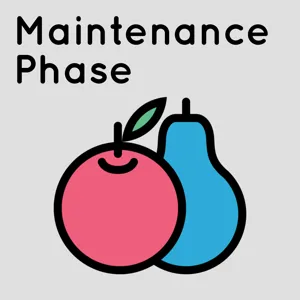Today on the Matt Walsh Show, protesters made a scene at my Georgia Tech speech last night, though further investigation indicates that they didn’t know why they were there or what they were upset about. Also, the White House debriefed Tik Tok stars on the Ukraine situation,and now those influencers are dutifully repeating the government propaganda assigned to them. Plus, some parents are upset about the new Pixar film, claiming it’s not appropriate for children. And what exactly is “public health equity”? It’s more than a job’s program for bureaucrats, though it’s mostly that.
I am now a self-acclaimed beloved children’s author. Reserve your copy of my new book here: https://utm.io/ud1Cb
I am now a beloved LGBTQ+ and children’s author. Reserve your copy of Johnny The Walrus here: https://utm.io/ud1j6
You petitioned, and we heard you. Made for Sweet Babies everywhere: get the official Sweet Baby Gang t-shirt here: https://utm.io/udIX3
Stopping the attack on America starts with exposing the source: from within. Subscribe to The Daily Wire and start streaming The Enemy Within today. https://utm.io/uejBd
Haven’t gotten your preferred pronouns badge? Head to my Swag Shack to grab yours today:https://utm.io/uei4E
Learn more about your ad choices. Visit podcastchoices.com/adchoices




